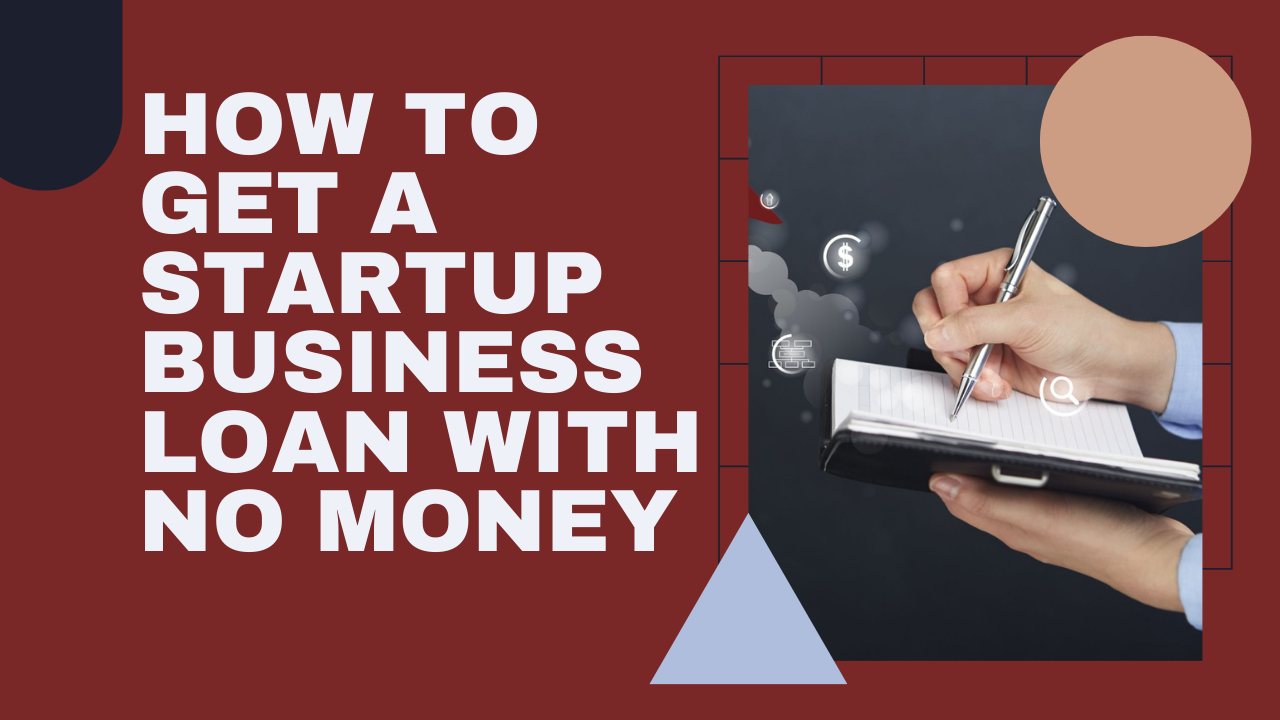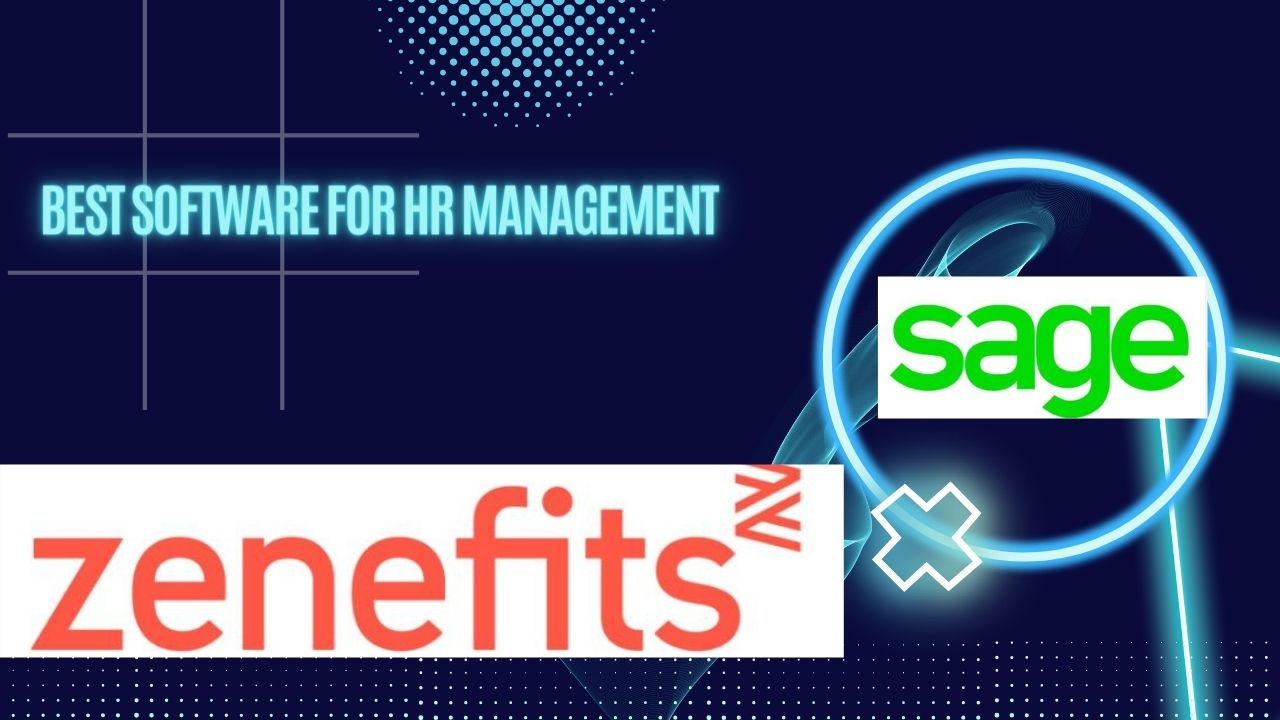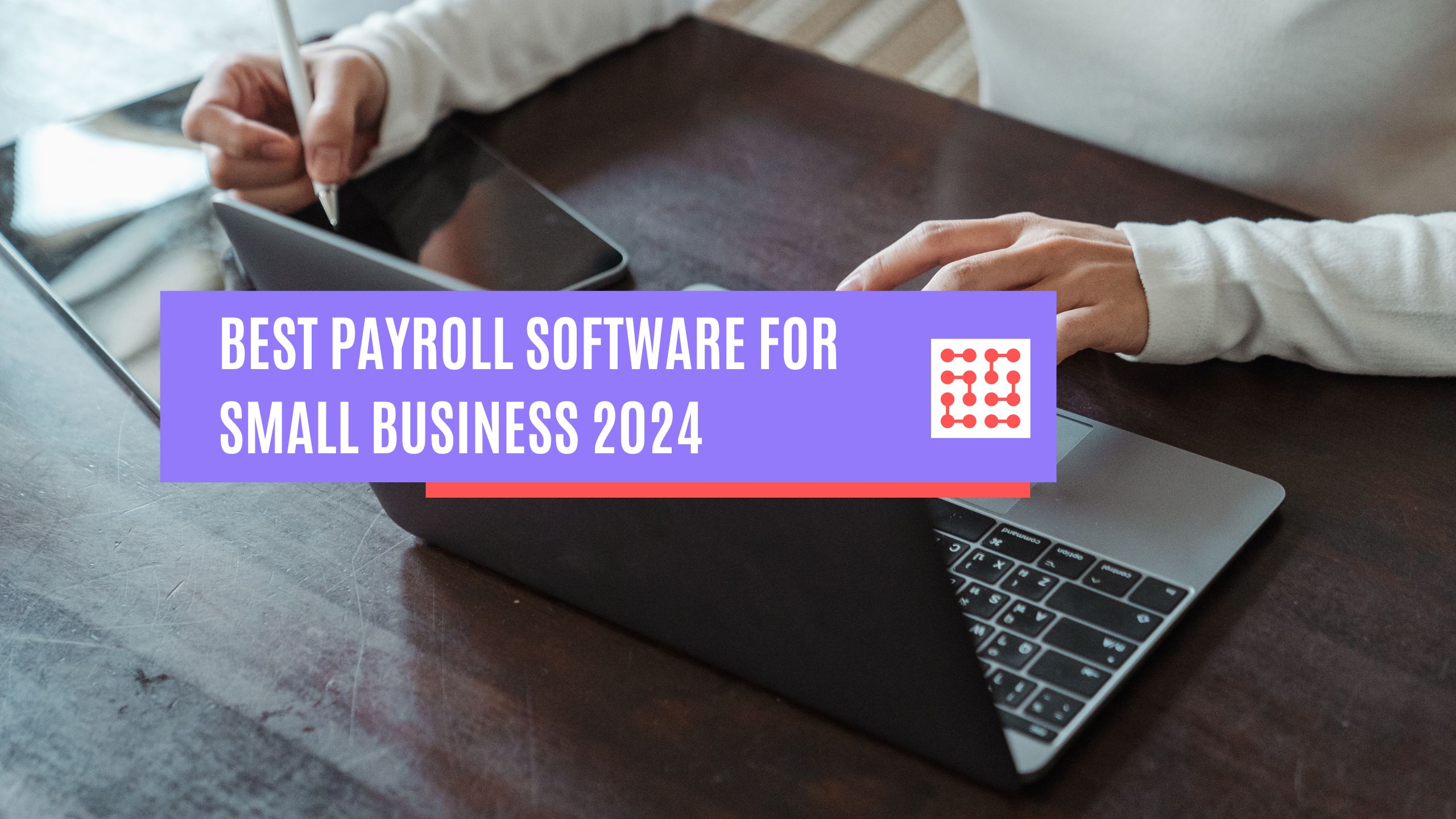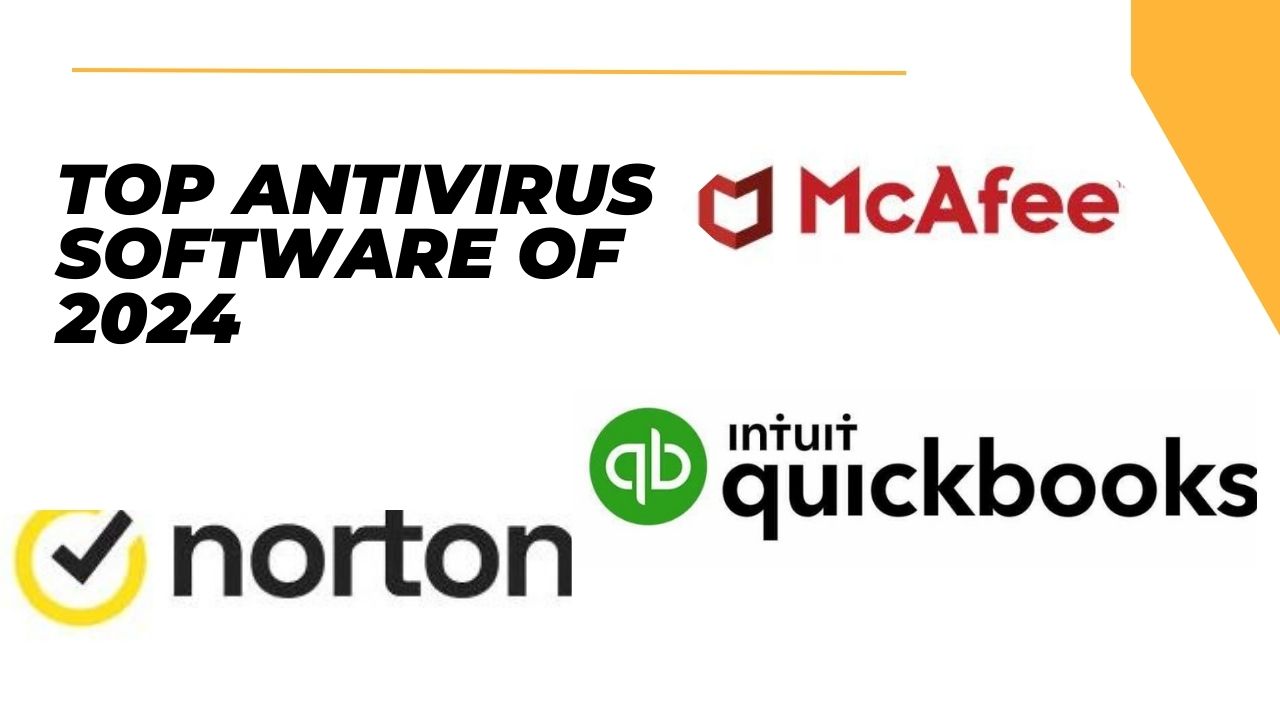How to Get a Startup Business Loan With No Money

- 1 How to get a startup business loan with no money or revenue
- 2 Evaluate your assets
- 3 Consider a cosigner
- 4 Know a lender’s requirements
- 5 Determine whether you’ll be able to repay
- 6 Understand your risks
- 7 Business loans for startups with no revenue
- 8 Microloans
- 9 Equipment Financing
- 10 Invoice financing
- 11 Business credit cards
- 12 Should you get a business loan with no money?
- 13 You’re making your business official.
- 14 You’re waiting to get paid.
- 15 You need resources to grow.
- 16 Alternatives to getting a business loan with no money
- 17 Equity financing
- 18 Crowdfunding
- 19 Business grants
- 20 Family and friends
- 21 Find the best business loan
- 22 Frequently Asked Questions
Obtaining a starting business loan can be difficult if you want to launch a firm but don’t have any income or capital. Nonetheless, there are financing choices that are not dependent on cash flow.
It’s crucial to remember that waiting until your company’s finances are stronger may increase your chances of being approved for better terms and prices. However, there are still choices accessible if you need funds right away and don’t require any money or sales.
Examining all of the feasible possibilities in this situation is crucial in order to select the one that best fits your needs and budget.
How to get a startup business loan with no money or revenue
In the event that your income is insufficient, you will need to persuade a lender that you have the means to repay the loan in several methods. Here’s how to get the business funding you require.
Evaluate your assets
A lender assumes the risk each time it makes a loan offer. They have to make sure the borrower can pay back the entire amount. Usually, the lenders take your income stream into account when making this decision. If not, think about what other benefits you may give the lender. For example, your credit score or collateralized business assets lend credibility to your business.
Consider a cosigner
Adding a cosigner—a third party who guarantees repayment—may help someone who lacks funds or has a bad credit score apply for financing. Generally speaking, having a cosigner with strong credit, substantial assets, or both will be advantageous.
You should carefully consider this option and your ability to repay the loan because cosigners are usually reliable family members or close friends who have faith in your business. If you default on the loan, it may affect both your cosigner’s and your own finances.
Know a lender’s requirements
Before considering financing, some lenders demand that borrowers have a specific quantity of money in their business bank accounts. When consumers meet certain standards for business loans, such as having a high credit score, some lenders, however, are a little more forgiving when it comes to cash flow. When filing your application, be sure you understand what the creditor is looking for.
Determine whether you’ll be able to repay
You must be able to cover both your everyday expenses and the loan installments if you’re applying for an enterprise loan. The amount of the loan payment will depend on the money you have been granted, the interest rate, and the length of the loan.
Some lenders might offer monthly payments, but starting small company loans have daily or weekly costs. You might wish to look for a better solution or find other ways to fund your business if you are unable to cover the loan’s expenses.
Understand your risks
Some lenders might pay on a monthly basis, although small business loans for new ventures have daily or weekly costs. If the loan’s expenses are too high for you to handle, you might want to look for a better solution or discover other ways to fund your company.
Business loans for startups with no revenue
A typical time loan or one backed by the SBA will not be available to a fresh startup or even a business with a tight budget. But you could only use bank account funds or income to use these financing solutions.
Microloans
The lenders who provide microloans are usually non-profit or mission-based organizations, such as Community Development Financial Institutions (CDFIs). Microloans are less expensive loans, usually valued at $50,000 or less. These services are typically inexpensive and tailored especially for businesses situated in underserved neighborhoods.
Compared to other kinds of loans for business, Microloans are characterized by more flexibility in terms of qualifications. Lenders who provide microloans will likely assist startups or companies with no income.
Equipment Financing
The underwriting procedure for an equipment loan differs slightly from the standard credit line underwriting procedure. The loan provider will give you enough money to cover up to 100% of the equipment’s price. The equipment itself serves as security for the loans.
For this reason, the lenders are equally worried about the equipment’s worth and the financial health of your business. The conditions of the equipment loan are determined by your credit history (personal and commercial), length of time spent in the industry, and how the equipment fits into your overall business plan. The question of revenue might not be as important.
Invoice financing
An organization’s unpaid invoices are used as security for invoice finance. You get paid a percentage of invoices that are not paid by exchange companies that finance invoices.
The value of your invoices and the financials of your business are what invoice financing businesses prioritize. Businesses with limited cash flow may be more likely to be approved for this type of financing.
Business credit cards
If you use an HTML0 business credit card carefully (i.e., pay off your credit card debts in whole and on time each month), you can raise your credit score and make your company eligible for business loans.
If used carefully (i.e., largely by paying off your credit card charges on time and in full each month), an HTML0 business credit card can raise your credit score and make your company eligible for business financing.
Should you get a business loan with no money?
In the following circumstances, obtaining business financing with little or no income may be advantageous.
You’re making your business official.
You’ll need money to start if you’ve been running a side business or solopreneurship and have made the decision to transition to a real full-time endeavor. You can live off of your savings for the first time.
But eventually, you’ll discover that launch costs add up, and business loans for startups with no revenue can be the most cost-effective way to launch your venture.
You’re waiting to get paid.
Many businesses—virtually all B2B organizations, including those in consulting, transportation, construction, etc.—are under contract, and they frequently have to wait weeks or months to get paid for the services they render.
However, these businesses don’t just wait till they begin the next expensive activity, contract, or project. When cash flow issues arise, factoring, financing, or invoicing may be useful options for finding a solution.
You need resources to grow.
A startup’s resources are insufficient to meet the expanding needs of the industry. Greater quantities of money are needed by businesses of greater scale. Loans for small enterprises are essential because of this. They can help in hiring extra staff, restocking inventory, or even opening new sites.
If your startup lacks a revenue stream but you have a strong financial strategy, you should investigate options like corporate credit cards and microloans to assist fund your firm.
Alternatives to getting a business loan with no money
Waiting is the most effective way to receive a company loan that doesn’t require any cash, but not everyone can afford to do that. There are more options to consider:
Equity financing
Selling shares or an interest in your company is one way to raise money via equity financing. If you can only get business loans for companies with revenue, it can be a good option. With this finance, you don’t need to take out loans, but investors who buy shares get a piece of the company.
Crowdfunding
If you’re just starting out, you may want to consider crowdsourcing as a debt-free financing option that allows investors to participate in your firm. It will help you secure funding for your enterprise and may also raise awareness of the goods and services offered by your business.
Business grants
Applications for small-business grants may be available for established companies without any revenue. Funding may be available, but competition for this grant money may be strong and certain companies may not be qualified.
Family and friends
Asking loved ones to invest in your business is a well-liked way to launch a startup. It is imperative that you convey your company plan, be transparent about your risks, and get all agreements in writing in order to guarantee that investors are aware of your experience.
Find the best business loan
The company loan with the best terms and lowest interest rate is typically the most advantageous. Which one to select depends on a number of other considerations, including the time required to fund it and the credentials of your organization. To find the best choice for your organization, we advise taking a look at small business loans.
Frequently Asked Questions
Can you get a startup business loan with no revenue and bad credit?
Some lenders will provide business loans to people with bad credit for start-up companies that don’t make much money. To be qualified, you must have worked for the company for six months and have an average credit score of at least 600. These choices, however, can come with higher costs due to their shorter interest and payback schedules.
Can you get a no-credit-check business loan with no revenue?
If you don’t have any income, you can’t get a business loan. Most lending institutions will request a credit check at some point during the application process, even if it’s just a light pull that has no effect on your credit score.
Credit checks are not required for all loans. They are typically given by payment processors who base your eligibility on the amount of sales you make using their platform.
Do you need a personal guarantee for a business loan with no revenue?
Indeed. The majority of lenders require their clients to sign a personal guarantee. Because you pose a greater risk to the lender if you don’t have any income or aren’t making any, they may need you to make a personal commitment.






